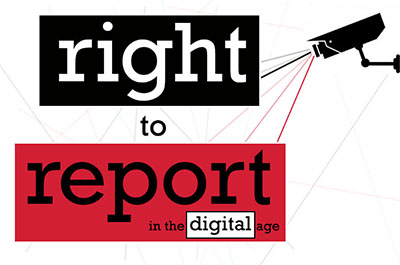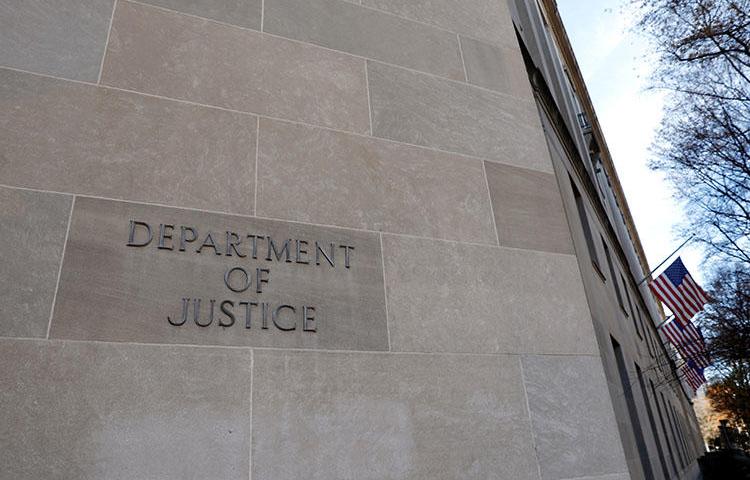
Leak prosecutions under Trump chill national security beat
When President Donald Trump’s nominee for attorney general, William Barr, was asked at his confirmation hearing in January whether he would ever consider jailing a journalist, Barr paused for about eight seconds, then said he could “conceive of a situation” where a journalist is jailed as a “last resort.” Such equivocation was troubling to press…
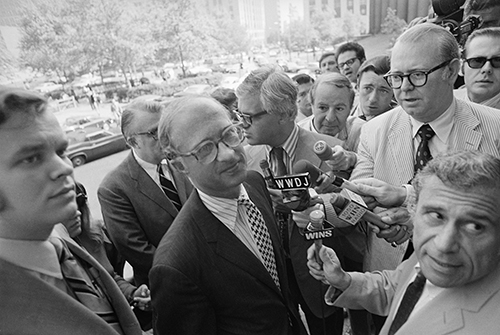
Transition to Trump: Reporters must be allowed to protect their sources
As a new presidential administration prepares to take over the U.S., CPJ examines the status of press freedom, including the challenges journalists face from surveillance, harassment, limited transparency, the questioning of libel laws, and other factors.
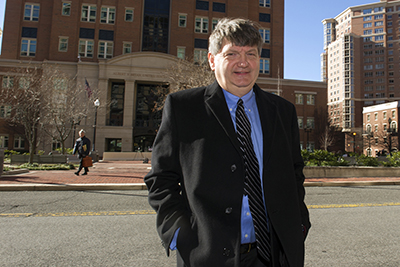
CPJ welcomes Risen decision, calls on Holder to ensure journalists are not forced to reveal sources
New York, January 13, 2015–The Committee to Protect Journalists welcomes the decision on Monday by the United States Department of Justice to withdraw its subpoena of New York Times reporter James Risen and calls on the Department of Justice to enact guarantees that journalists will not face similar legal action related to confidential sources in…
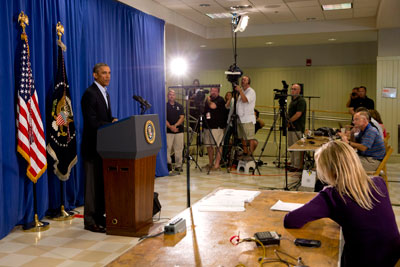
One year after CPJ’s US report, little has changed between Obama and press
After a summer plagued by war and disease abroad and partisan fighting at home, it was not hard to fathom why President Barack Obama would yearn for a retreat. But from which of the mounting crises did the president hope to escape: Ukraine? Islamic State? Ebola? The Tea Party? None of the above, according to…
CPJ urges US to mitigate threats to journalism, newsgathering
Dear President Obama: The Committee to Protect Journalists, an independent, nonprofit organization that promotes press freedom worldwide, is writing to express its concern about the effects of intelligence and law enforcement activities undertaken by agencies, over which your administration has oversight, on the free flow of news and other information in the public interest.
US government should withdraw Risen subpoena
New York, June 2, 2014–The Committee to Protect Journalists calls on the United States Department of Justice to withdraw a subpoena seeking to force journalist James Risen to give testimony that would reveal a confidential source. The Supreme Court said today it would not consider Risen’s appeal of a lower court ruling that he must…

Obama transparency record remains unimpressive
Nearly seven months ago, CPJ published its first in-depth report on press freedom in the United States, concluding that the Obama administration’s aggressive prosecution of leakers of classified information, broad surveillance programs, and moves to stem the routine disclosure of information to the press meant that the president had fallen far short of his campaign…
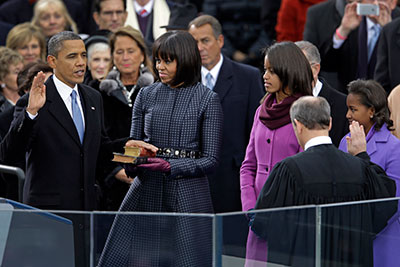
New term to settle Obama legacy on leaks, whistleblowers
As pundits debate how Barack Obama will tackle guns, climate change, immigration, and the debt ceiling in his newly inaugurated second term, press freedom advocates are left questioning how the U.S. president will handle another, no-less-controversial issue: the treatment of whistleblowers and officials who leak information to the media.

Appeal against Risen keeps source protection in focus
A reporter’s right to protect confidential sources, a topic of debate both in the U.S. and internationally, will undergo another round of legal scrutiny after federal prosecutors formally appealed a decision shielding journalist James Risen’s sources in a CIA leak case.
